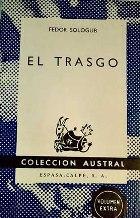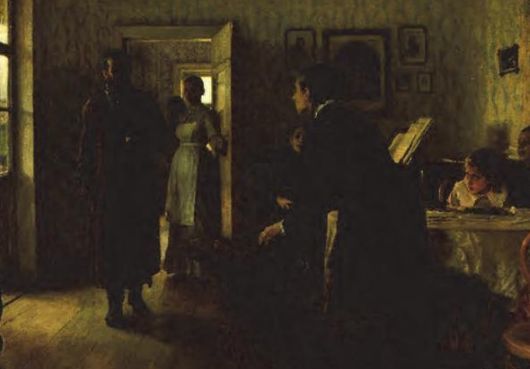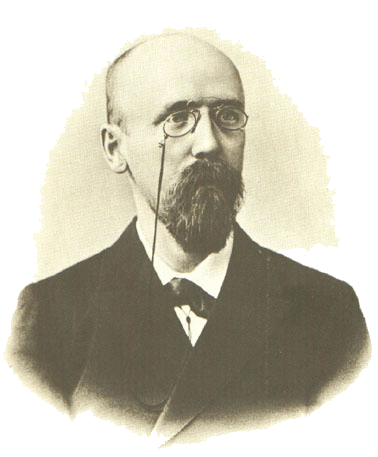What do you think?
Rate this book


217 pages, Paperback
First published January 1, 1905
True, people love to be loved. They like to have the lofty and noble aspects of their souls depicted. Even in malefactors they like to see glimmerings of goodness, of the ‘divine spark,’ as it was expressed in olden times. Therefore they cannot believe it when they are faced with a depiction that is faithful, precise, gloomy and wicked. They want to say: ‘He’s writing about himself.’
No, my dear contemporaries, it is about you that I have written my novel.

